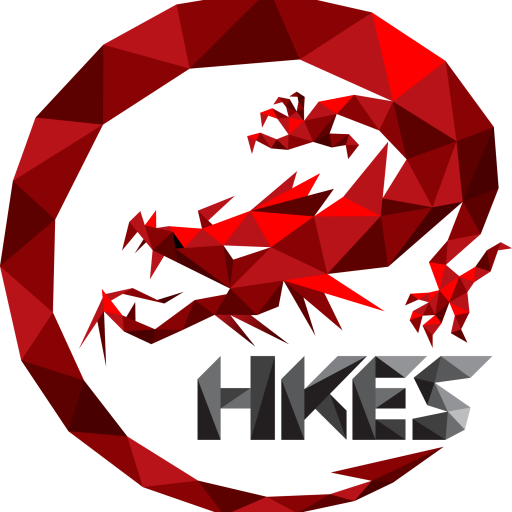【HKES人事異動】
Fans shouldn’t praise kkOma for yelling at his team in public then criticize Longzhu’s coach for the same act
2017年4月4日
Esports Asia News

[hkes_show_google_ad] Not every coach is allowed Kim “kkOma” Jung-gyun’s pardon for being the “aggressive” coach. After Thursday’s match between Kongdoo Monster and Longzhu Gaming, a clip of a video taken by an audience member circulated around the internet that showed Longzhu head coach of Kang “Hirai” Dong-hoon seemingly berating Lee “Crash” Dong-woo after a loss. The event was met with outrage and criticism that Hirai made a poor decision to take such a strong public stance. And yet, when a clip of SKT’s coach doing the same in between games of an earlier League Champions Korea match against Samsung Galaxy made the same rounds, there was no such displeasure. The public backlash toward the head coach is hypocritical. KkOma’s tirades are brushed off as a part of his drive for perfection and even celebrated as a positive trait. And whereas kkOma sternly talks about his players after winning a game because they didn’t win properly, Hirai reacted to seeing the last hopes of making it to the playoffs vanish. It shouldn’t be surprising to see his outburst. Professional League of Legends — and any esport, really — is played by professionals who pour hours into the game to make this a career. All the participants are paid professionals, and to presume coaches will forever be mild mannered is absurd. What makes sports so entertaining is the human element. The players and coaches have their own emotional responses to situations, and viewers relish in the opportunity to see that humanity. To see elation, frustration, rage or disappointment and then relate to it is what sports fans live for. OGN caster Lee “CloudTemplar” Hyun-woo said that this is observed in esports as well, and that it shouldn’t be treated any differently. “Players or coaches showing happiness or ceremonies, showing all of that is a natural occurrence,” he said during a stream, discussing the Hirai controversy. “Isn’t this sports? A player can get mad in the middle of the game and react in that way. If that becomes to much, they can get penalized. This is all natural. The same goes to coaches. If they’re not happy with what they’re seeing, they can show that on the surface. If it’s too much, they get penalized. That’s what taking responsibility is.” As much as some players need the carrot, others need the stick, and determining the proper use of each is the mark of a great coach. Not every player responds to the same stimulus in the same way, which makes coaches like kkOma, who can seemingly balance the two, so rare. At times fiercely negative feedback is just what the players need to get back into shape. “Not everything can get solved by talking nicely,” CloudTemplar continued. “There would be times when the coaches would fly off the handle after losing. If talking to the players yields no results and nothing seems to stick, then you have to (be) angry. That way they can focus and act accordingly.” At the end of the day, professionals must take charge of their own performances in their own hands. Regardless of how things come across as, the passion of players and coaches is clear on stream. As such, the actions and real moments the audience sees is a reflection of that passion. In a professional world, each game of each split determines the future of everyone involved, and the ultimate responsibilities are for the team to bear. [hkes_show_google_ad]
Tags :
example, category, and, terms
Share This :
Recent Post
有任何问题吗?
歡迎熱愛電子競技的您,加入我們的大家庭。

